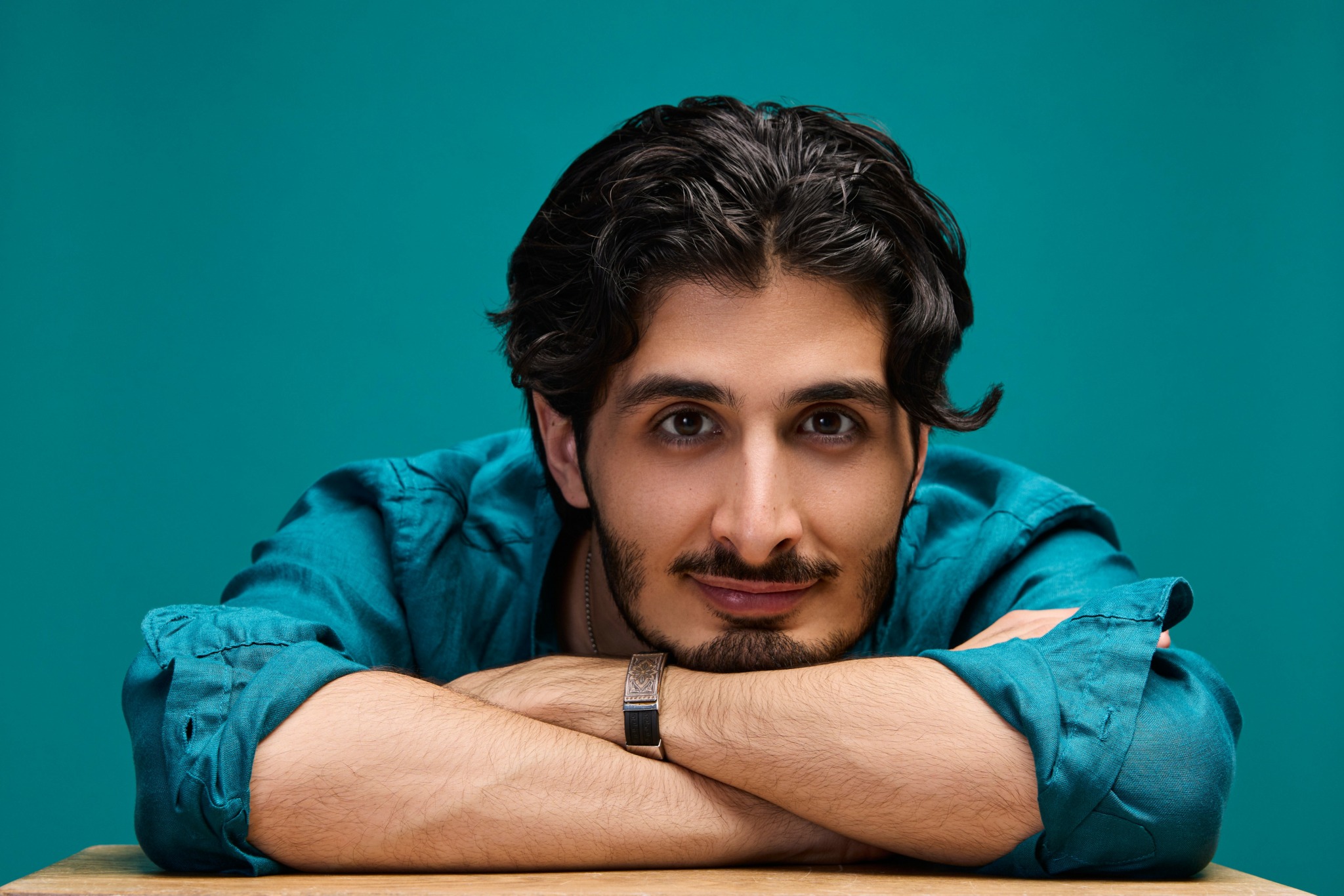Alright – so today we’ve got the honor of introducing you to Vasken Ohanian. We think you’ll enjoy our conversation, we’ve shared it below.
Vasken, looking forward to hearing all of your stories today. We’d love to hear about when you first realized that you wanted to pursue a creative path professionally.
Oddly enough, though I’ve been studying music since I was close to five years old, I didn’t know I wanted to pursue a career in music until late in high school. There was a sort of expectation that I would become a scientist or engineer. Both my parents were former engineers. My father taught college level physics and engineering, and my mom taught high school physics and chemistry. So my siblings and I were fortunate enough to grow up in a household where we were free and encouraged to indulge in our curiosity, learning, exploring, and experimenting in the world around us. Up until around 16 or 17 years old, I was convinced myself that I was going to go into science. I absolutely loved physics, astronomy, and mathematics, and I even had a plans for pursuing it in college. The plan was to double major in astrophysics and quantum physics so that I could be in the best position to be the first to solve Unification Theory.
But around my junior year of high school I went through a very gradual change. Studying music was both an admissions and curricular requirement for my high school. And because the school was on Fresno State campus, we had access to their practice rooms. More and more, I would find myself spending my free periods at the piano in those practice rooms. Expressing myself verbally has always been difficult for me, but when I was sitting in those rooms all by myself, playing, improvising, letting my (highly) repressed emotions guide the music, the experience was so cathartic. Over the course of that year, I slowly came to the realization that pursuing music was vital if I wanted to live a happy life. To this day, I still love and find fulfillment in the sciences. I still love mathematics —at some point I want to go back and relearn calculus just for the fun of it. But the fulfilling life I have now, the friends, the human connections and experiences, all of it would not be possible were I not a musician.
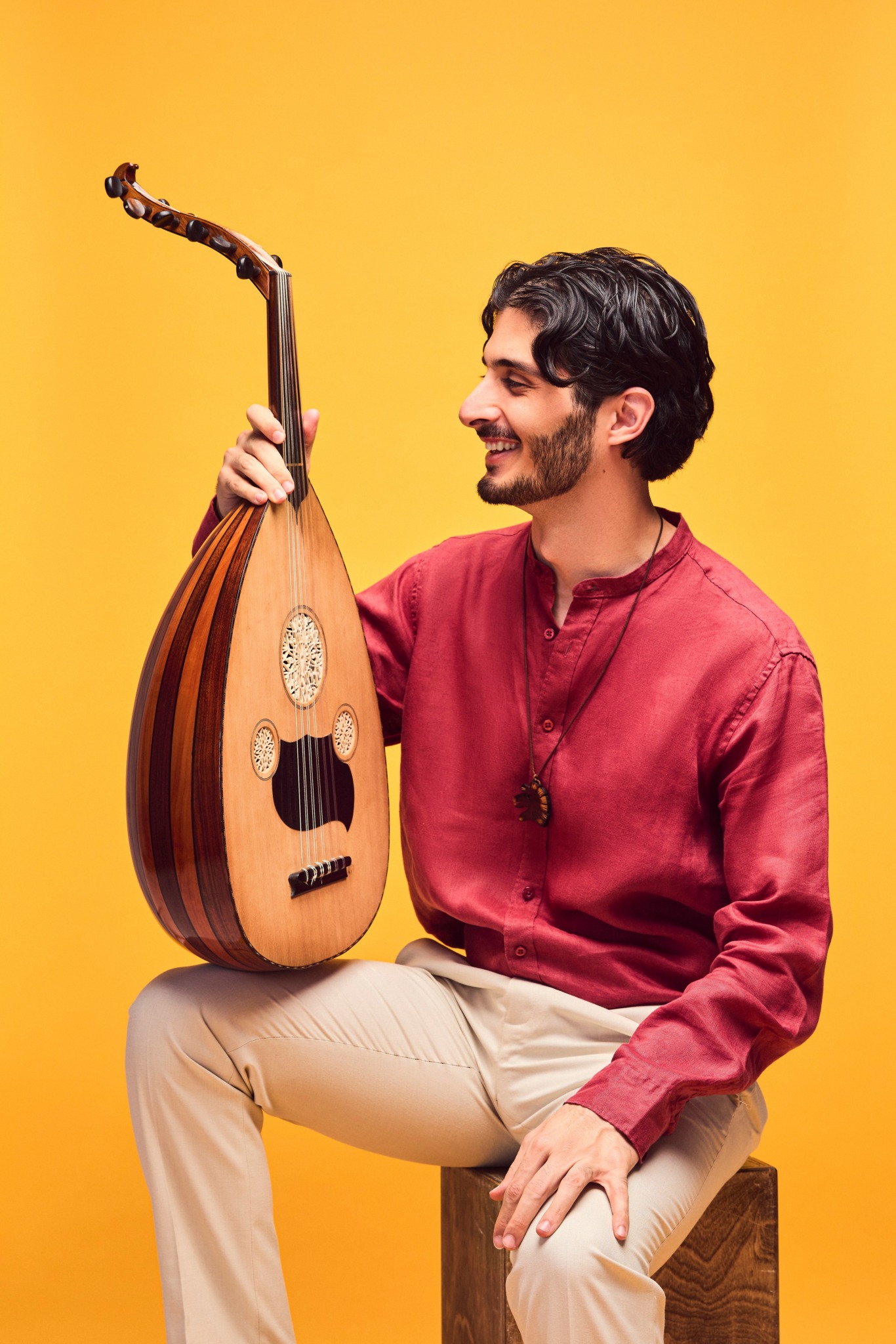
Vasken, before we move on to more of these sorts of questions, can you take some time to bring our readers up to speed on you and what you do?
I am a composer. I write concert music in the Western Art tradition, much of which is choral/vocal music. My past experiences in theater, as a hip-hop dancer, as an oud player, etc. all find their way into my compositions. I am a conductor, currently the Assistant Artistic Director of the Unprecedented Music Association. And I am a countertenor; normally I sing western art music, but I’ve also sung pop, rock, R&B, and Armenian folk music.
As an Armenian-American, Armenian music especially is profoundly influential on much of my music. As such, I try to spread the availability and accessibility of Armenian choral/vocal music performers through my publishing company, VAOMusik Publishing. Through VAOMusik, I produce a publication series titled “The Komitas Series,” the aim of which is to create performance editions of Armenian choral/vocal music in a format that is accessible and performable by non-Armenian speaking performers and ensembles.
The core of what I try to do as an artist is explore the expressive depth and complexity of the human experience, and welcome audiences to join me in that journey. In my own compositions I enjoy exploring and reimagining familiar stories and experiences to try to draw out and reexamine their deeper meanings within the context of the modern world. As a performer, I still aim to immerse the audience in a musical journey. The difference is it becomes less about sharing my own vision, and becomes about sharing the vision of another, whether performing in a Baroque opera, a funky avant-garde event, or a Rolling Stones concert.
Maybe the work I’m most proud of though is the work I’m doing with my wonderful colleagues in the Unprecedented Music Association. UMA is an organization dedicated to putting on dynamic, multi-faceted concerts of new music in the Los Angeles area. With our concerts, we try to break down the barriers between artistic disciplines, combining them and freeing them from the constrictions of genre to create unprecedented sonic experiences. Southern California has an awe-inspiring array of diverse artistic voices across all genres of music, dance, visual art, film, and more. UMA is a place where these voices can come together as a community and make something truly amazing. We just had our first concert last month, we have two more coming in the 2024-2025 season, and I’m very excited for everything else that is to come.
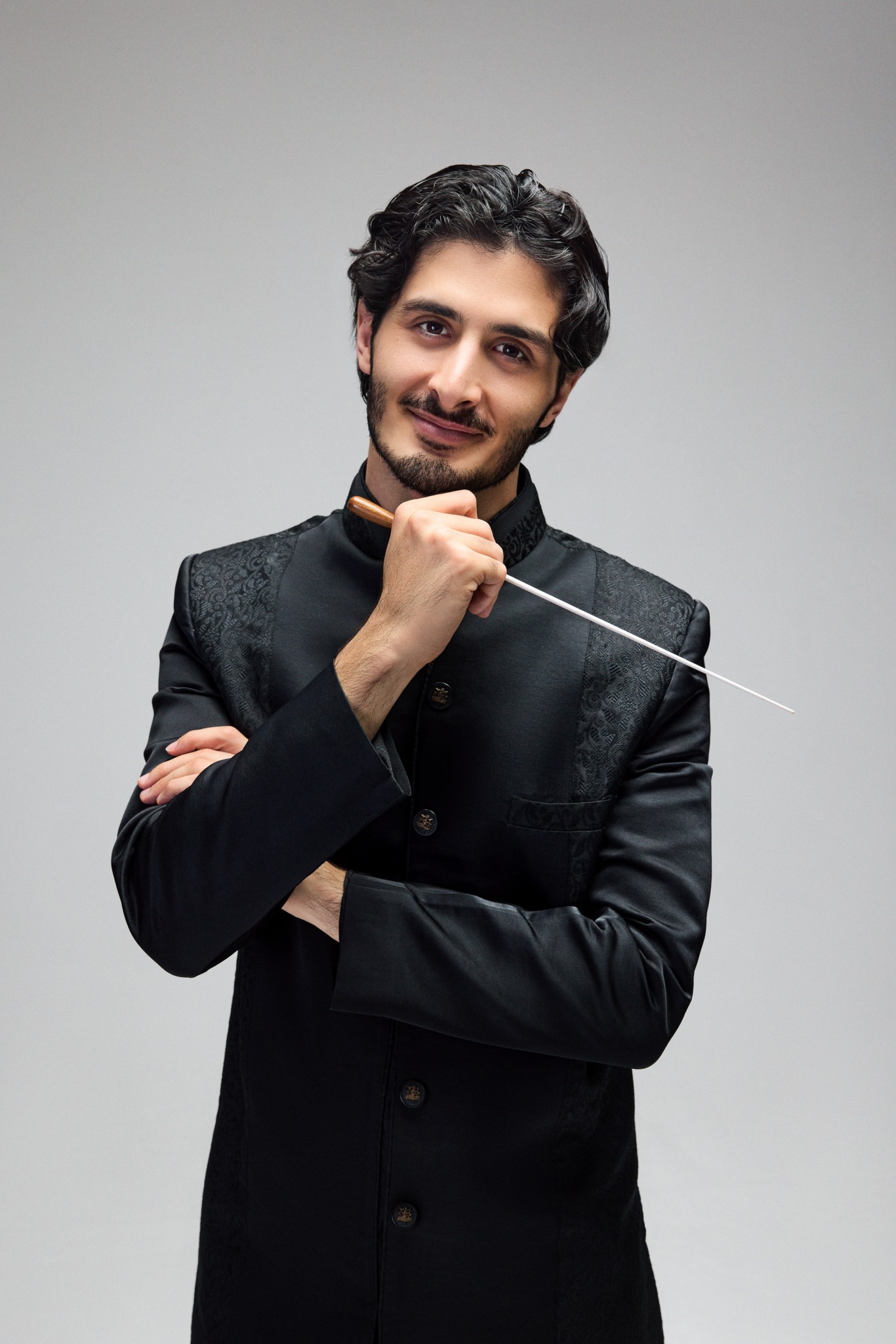
What’s the most rewarding aspect of being a creative in your experience?
The most rewarding aspect of being an artist is being able to create art with incredibly talented colleagues, to experience music and art from an immense variety of voices and cultures, and to share those experiences by connecting with audiences. There’s so much incredible, high-level music out in the world that it would be impossible to experience them all in a single lifetime. But I’m grateful every day that I have the privilege to be able to experience even a fraction of it.
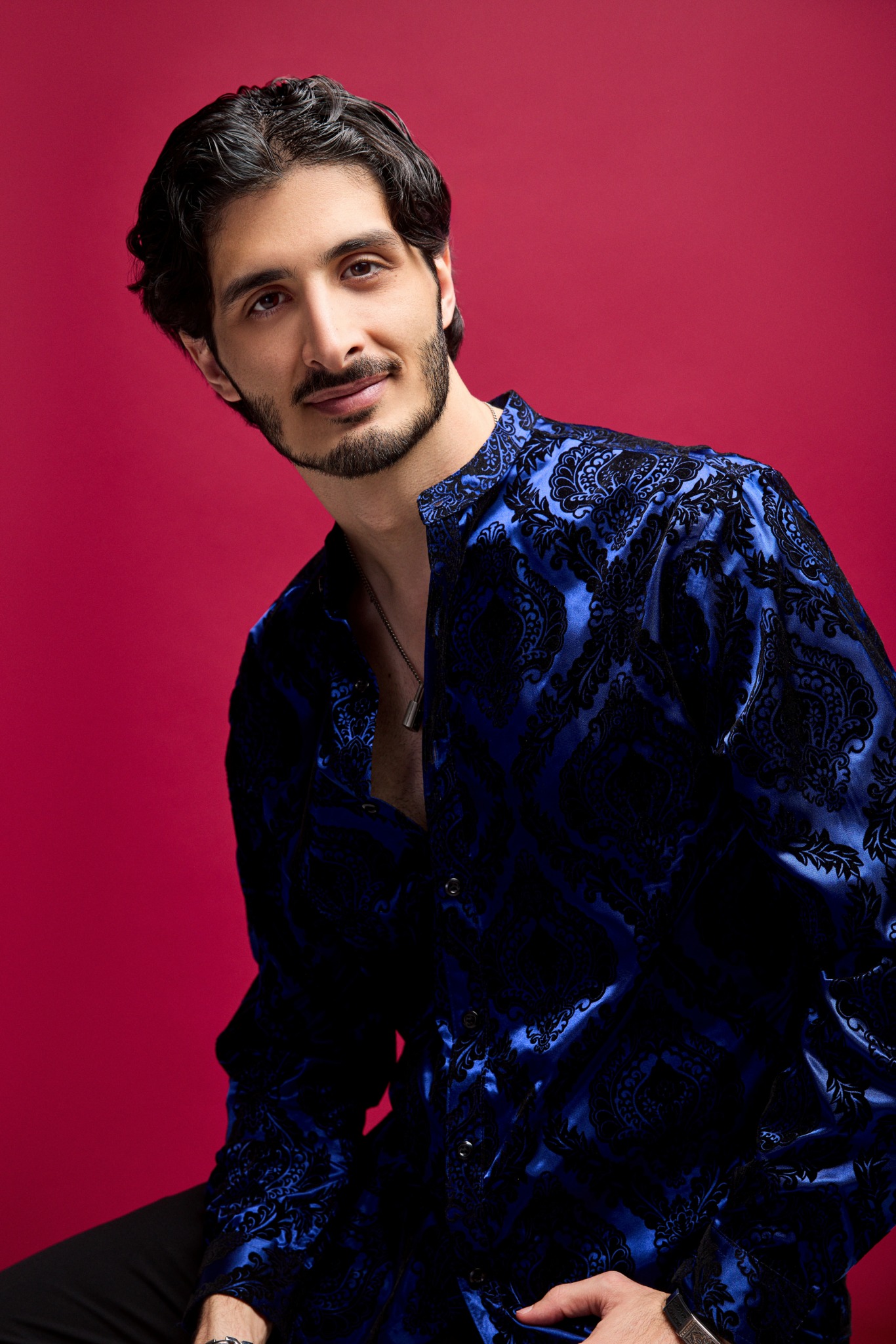
Do you think there is something that non-creatives might struggle to understand about your journey as a creative? Maybe you can shed some light?
I’ve been studying music for just under 30 years. I love it, I’ve devoted my life to it, and both of those things are absolutely necessary if you want to pursue a career as difficult as music. But just because I’ve had all this training and experience, it doesn’t mean that someone who’s not trained should shy away from making music. For me, this is the most common and most saddening misunderstanding people have about my journey as a musician.
In the modern day we all have access to Spotify, YouTube, AppleMusic, etc. We have constant access to incredible, highly produced, awe-inspiring music whenever we crave it. Maybe that somehow makes people feel like they aren’t good enough to make music, but in my mind, this should never stop you from making music. Doesn’t matter if you’ve trained for years or not, pick up an instrument. Doesn’t matter if your voice is ugly or you can’t match pitch, sing fearlessly with your whole heart. None of my aunts or uncles are musicians or are musically trained. Yet, we all always sing and play music at family events.
It doesn’t mean you need to change your career path to become a professional musician, but I would encourage everyone to be free and make music!
Contact Info:
- Website: https://www.vaskenohanian.com
- Instagram: @vaomusik
- Youtube: https://www.youtube.com/@VAOMusik
- Soundcloud: https://soundcloud.com/vaomusik
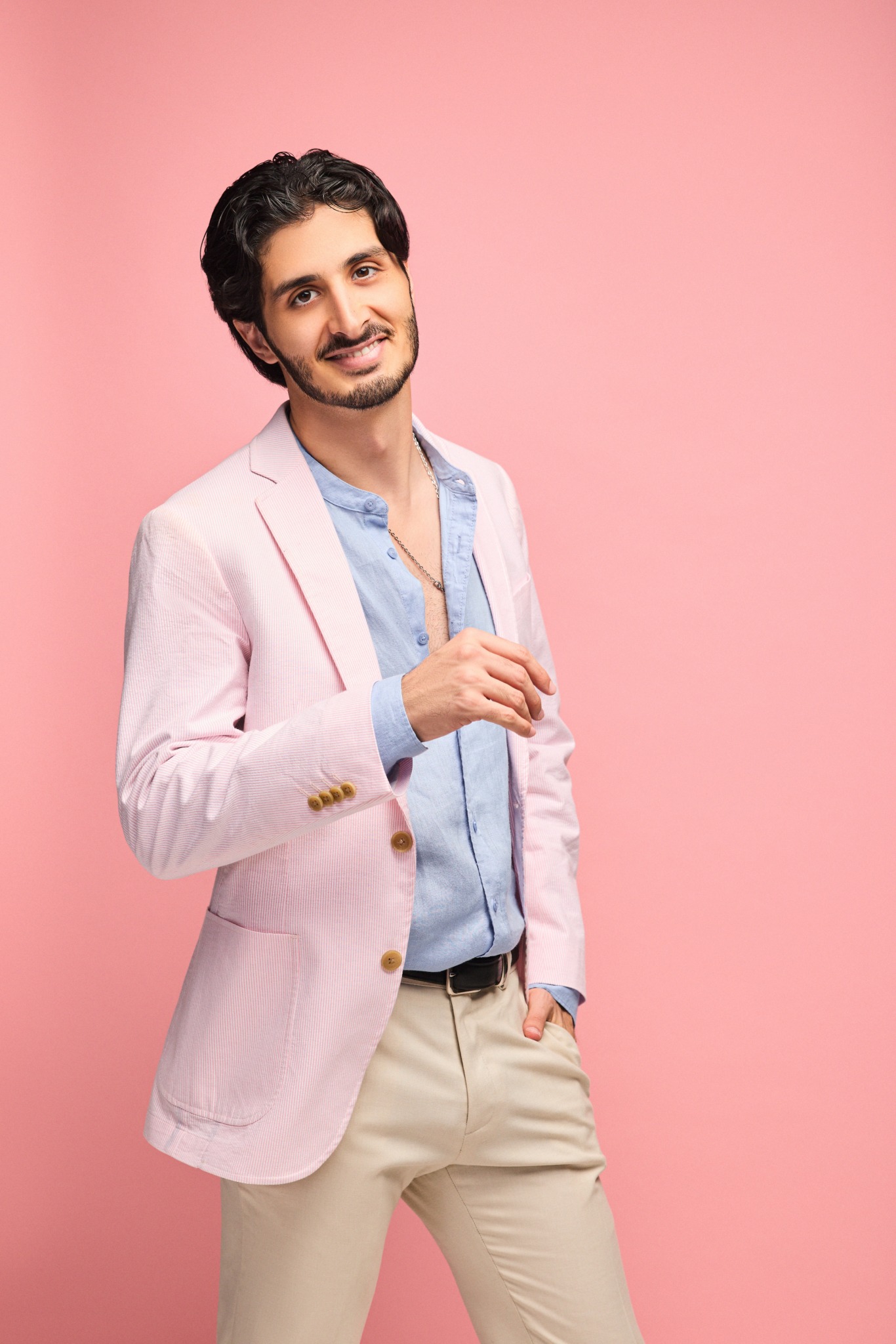
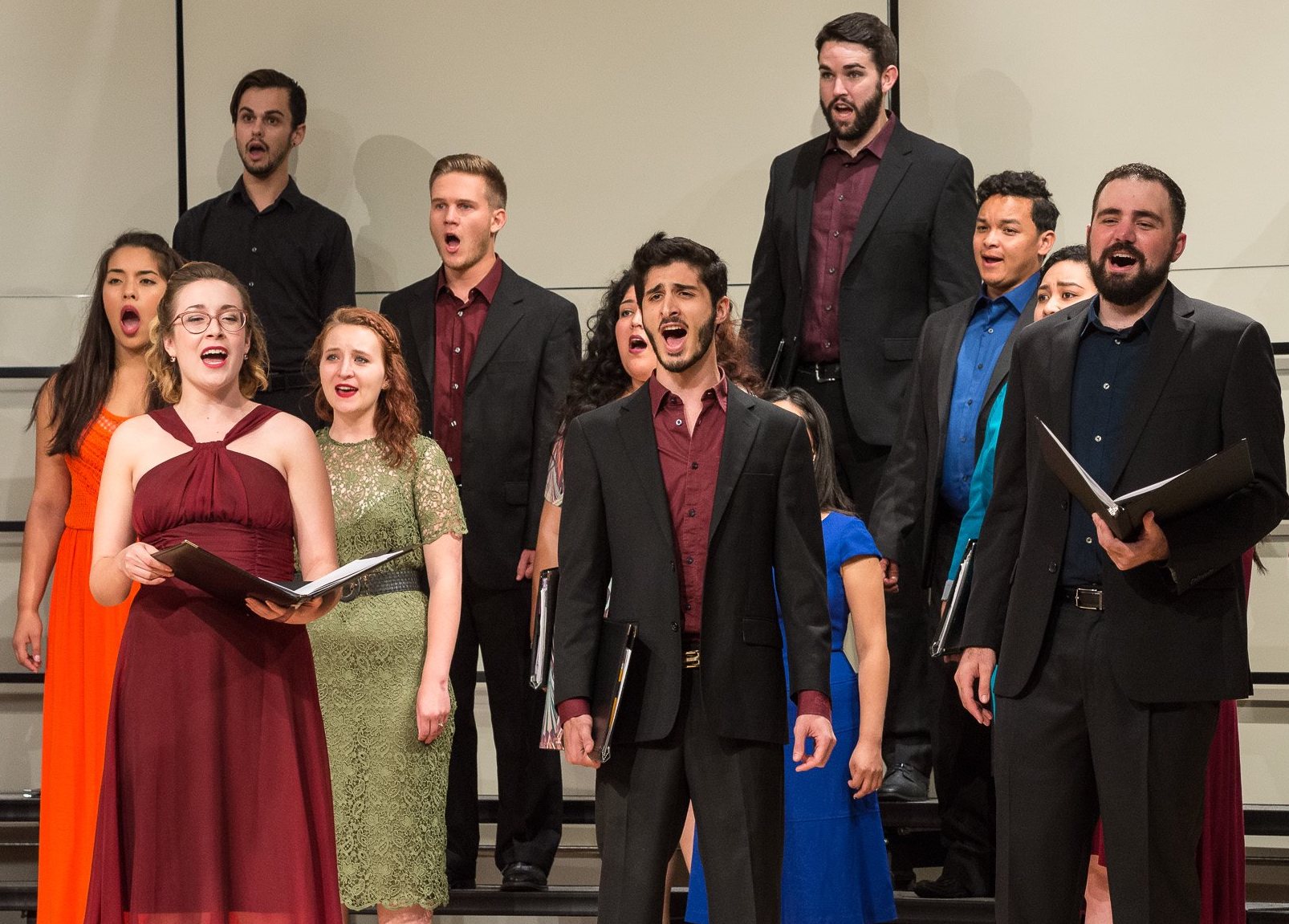
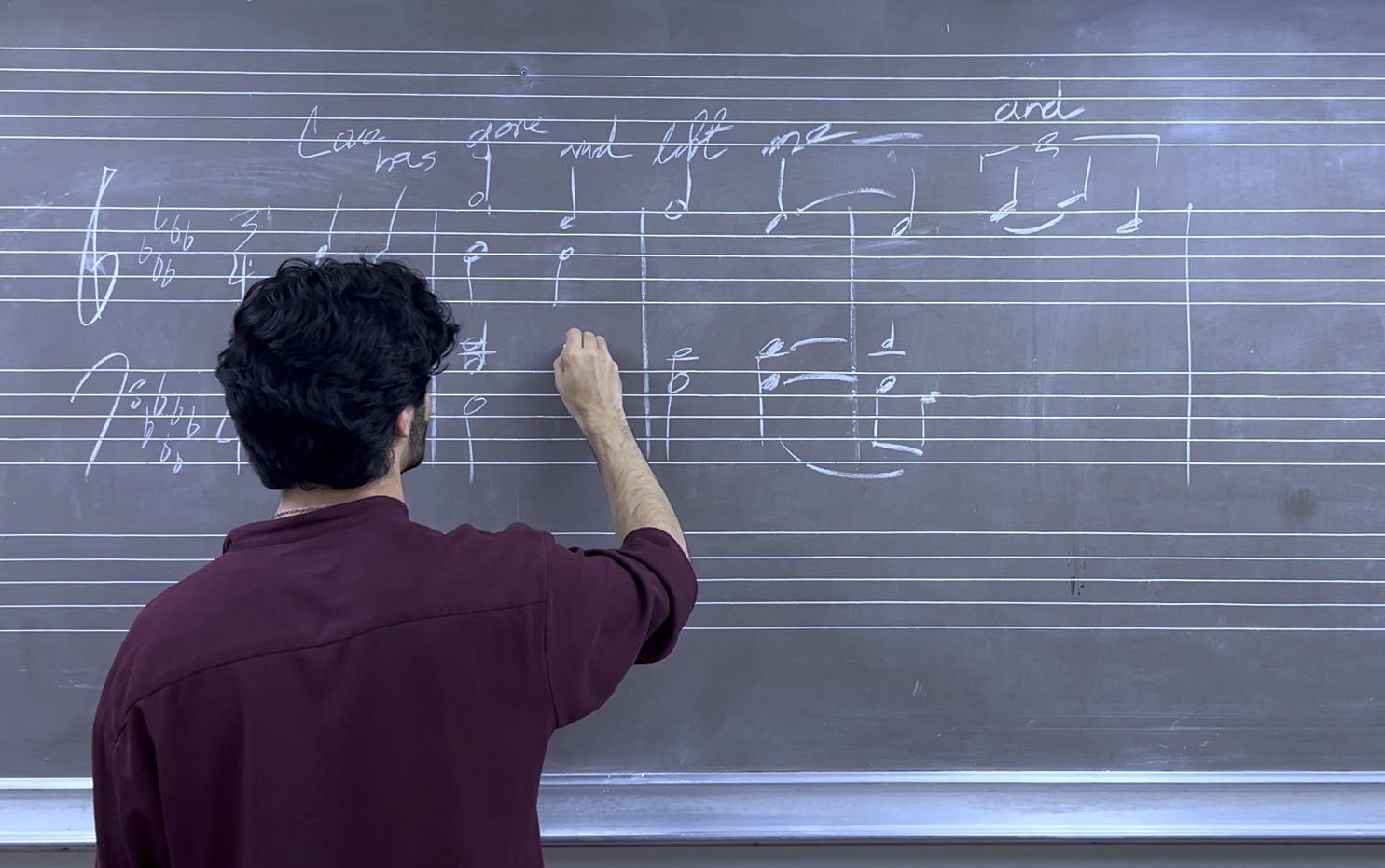
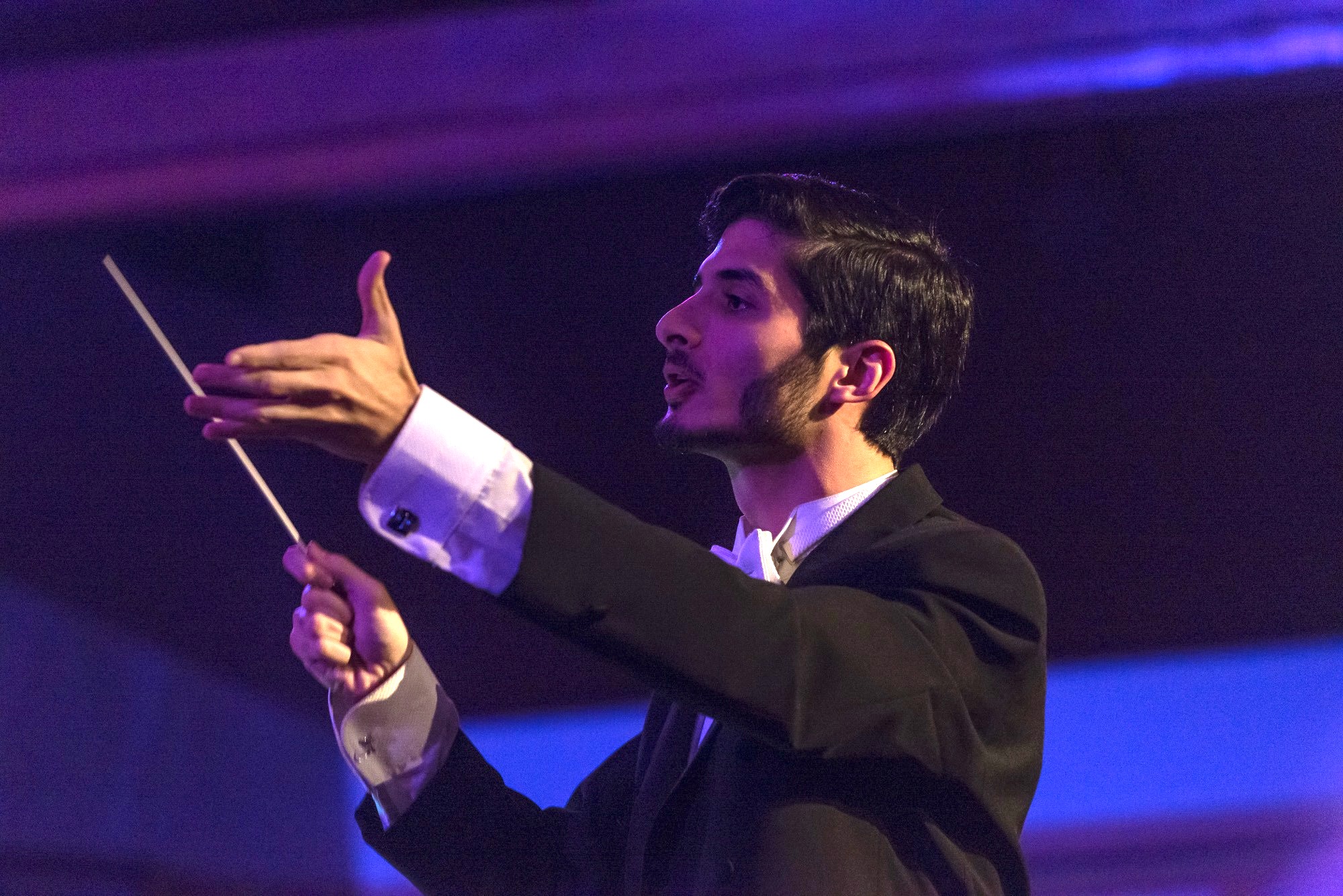
Image Credits
Mariangela Quiroga
Carolyn Bremer


